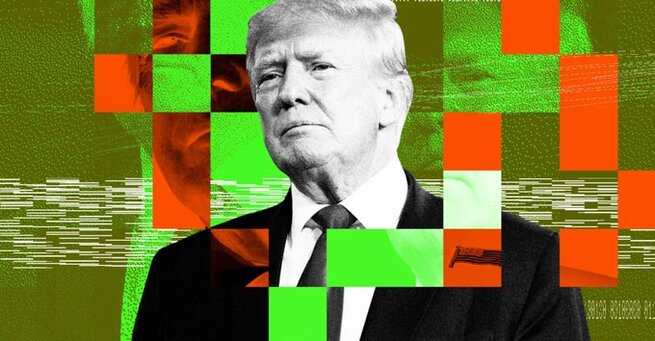
Trump Signs GENIUS Act Into Law: What It Means for Crypto Regulation
President Donald Trump has officially signed the GENIUS Act, marking the first comprehensive U.S. law focused on regulating stablecoins. Designed to provide a legal framework for issuers of asset-backed cryptocurrencies, the new law outlines strict guidelines on reserve backing, transparency, anti-money laundering, and insolvency protections. The GENIUS Act is seen as a turning point for the crypto industry, giving digital currencies like stablecoins a legitimate place in the U.S. financial system. With crypto investors, industry leaders, and regulators watching closely, this bill aims to bridge innovation with compliance in a market long criticized for lacking oversight.
Why the GENIUS Act Is a Win for the Crypto Industry
The crypto industry has long sought legal recognition, and the GENIUS Act delivers just that. It sets clear rules about who can issue stablecoins and how they must be backed, typically by assets like the U.S. dollar. The bipartisan nature of the bill’s passage has brought rare alignment on crypto regulation, drawing praise from leading figures such as Coinbase and Tether CEOs, who were present at the White House signing. Trump emphasized his administration’s early support for digital assets, contrasting it with the Biden era’s regulatory skepticism. Supporters claim this new law will help keep the U.S. competitive globally by fostering innovation while minimizing risk.
Critics Say the GENIUS Act Could Spark Ethical Concerns
Despite bipartisan backing, the GENIUS Act has its detractors. Lawmakers like Sen. Josh Hawley and Sen. Elizabeth Warren warn that the legislation may prioritize Big Tech and wealthy crypto insiders over consumer protection. One major concern is the potential for conflicts of interest, especially with Trump’s own family connected to crypto projects like World Liberty Financial, which recently launched its own stablecoin, USD1. While the White House insists there’s no conflict due to the president’s blind trust, critics argue that legitimizing such ventures could open the door to unprecedented political and financial corruption.
What Comes Next for Stablecoins and U.S. Crypto Law
Now that the GENIUS Act is law, regulators will begin crafting the specific guidelines and enforcement protocols. Stablecoin issuers must prepare for a new era of compliance, while lawmakers may introduce additional legislation to close perceived loopholes. The law also sets the stage for further political debates as Trump uses crypto policy to galvanize support heading into the 2026 midterms. Whether the GENIUS Act boosts American leadership in blockchain finance or creates new risks will depend on how effectively it’s implemented—and how transparently those connected to the industry operate moving forward.
𝗦𝗲𝗺𝗮𝘀𝗼𝗰𝗶𝗮𝗹 𝗶𝘀 𝘄𝗵𝗲𝗿𝗲 𝗿𝗲𝗮𝗹 𝗽𝗲𝗼𝗽𝗹𝗲 𝗰𝗼𝗻𝗻𝗲𝗰𝘁, 𝗴𝗿𝗼𝘄, 𝗮𝗻𝗱 𝗯𝗲𝗹𝗼𝗻𝗴. We’re more than just a social platform — from jobs and blogs to events and daily chats, we bring people and ideas together in one simple, meaningful space.